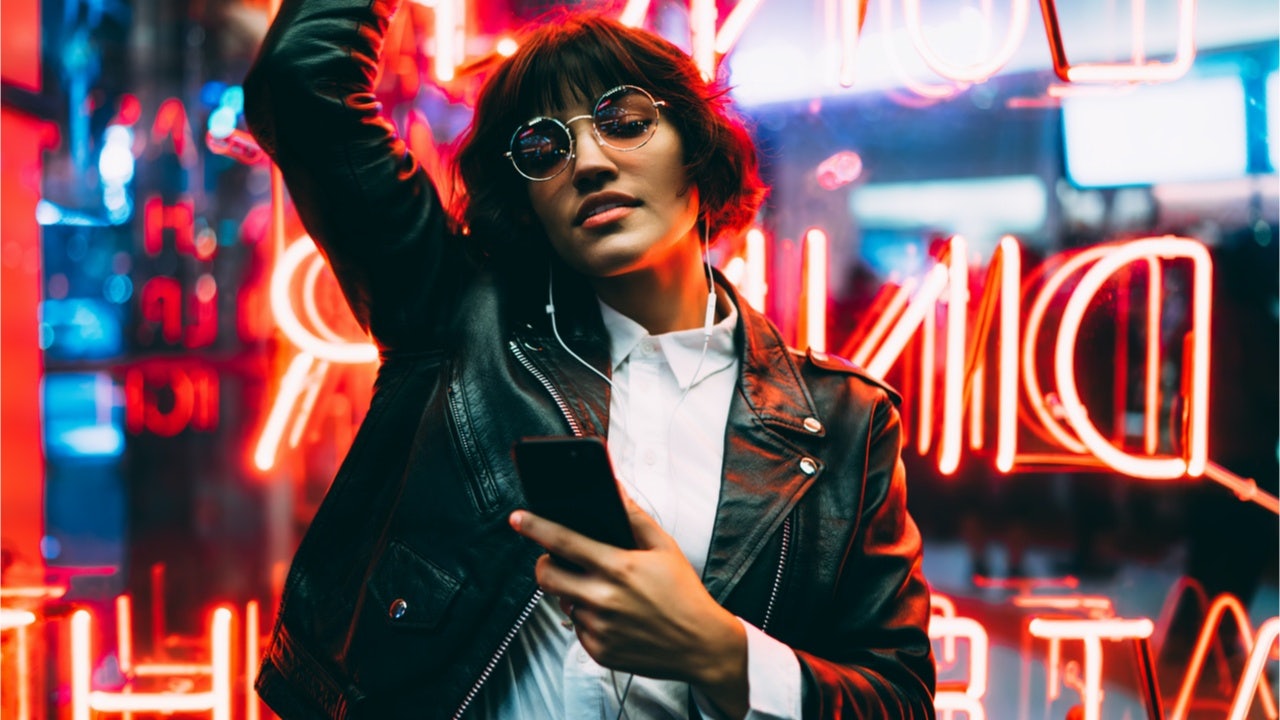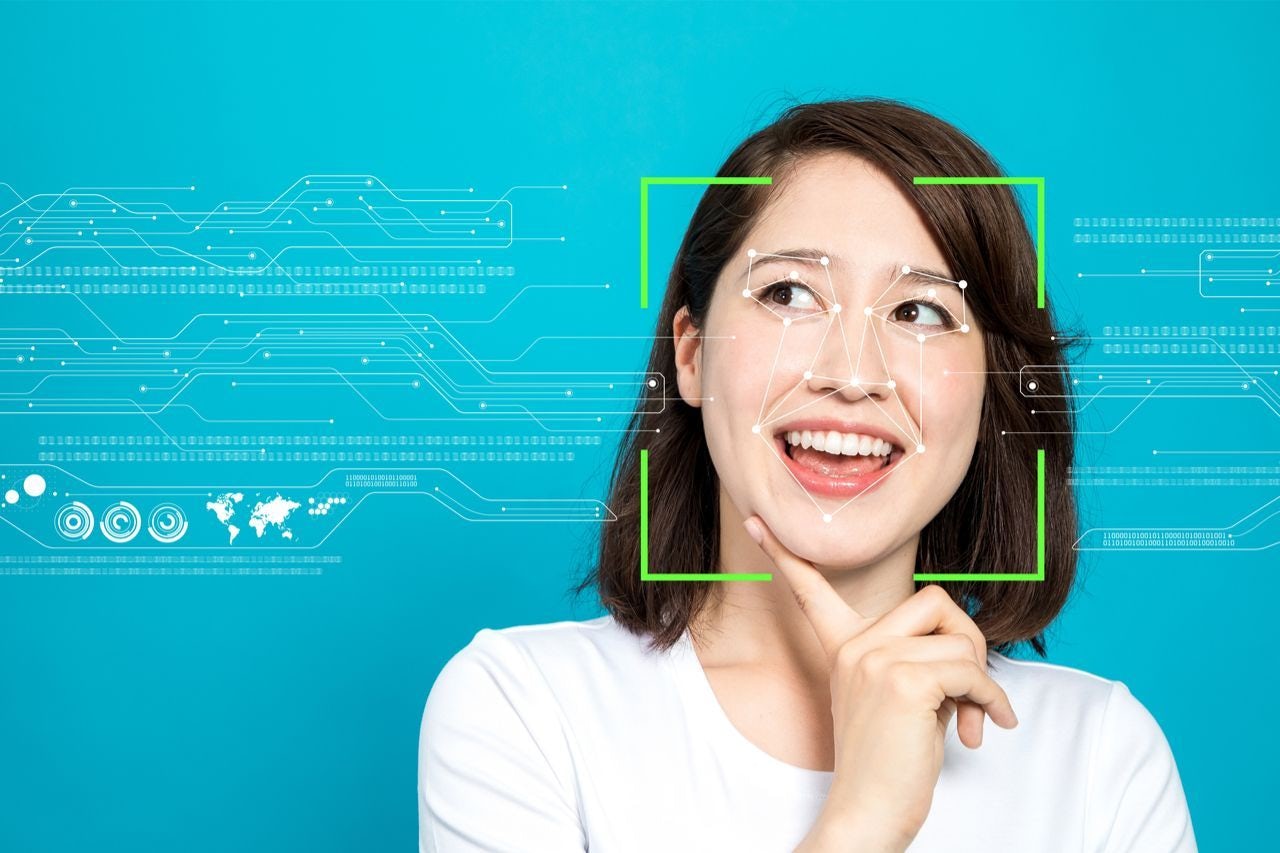In this article:
- Can tech startup and luxury brand partnerships be mutually beneficial?
- China’s government plays a large role in incubating tech companies
- Tech has helped the retail industry become more sustainable, which appeals to younger consumers
In the past, technology and luxury rarely mixed. High-tech culture has a futuristic connotation, while luxury has always had a reputation for being conservative and traditional, but today, revolutionary luxury conglomerates like LVMH and Kering have reconsidered their approach to tech and are now revolutionizing the market. This has helped transform a dormant industry by making it an accelerator for sustainability — something that supporting not only business profitability but also important social goals.
Over the last few years, sustainability in business practices have become part of the bottom line, and programs connecting fashion-tech startups and luxury retailers are now the new norm. The New York Fashion Tech Lab, for instance, is a program that links a handpicked group of women-led, b2b, fashion-focused tech businesses with leading fashion companies. This is not the only initiative of its kind and is a reflection of our times. L’Oréal entered into a strategic partnership with the digital accelerator and incubator Founders Factory, Kering chose to work with tech investor Plug and Play, and LVMH and Farfetch have each created their own labs.
In China, Alibaba teamed up with the Chinese AI company SenseTime and the government-backed Hong Kong Science and Technology Parks Corporation to create an accelerator program that supports young entrepreneurs and researchers in the field of AI. According to Alizila, the participants accepted in the HKAI Lab receive “up to 100,000 in funding from the Alibaba Entrepreneurs Fund, as well as deep-learning resources from SenseTime, cloud-computing, machine-learning and other technical support from Alibaba Cloud and technologies developed by Alibaba DAMO Academy.” Alibaba also entered into a joint venture with tech investment firm InnoSpring to launch an Innovation Center to support US and international startups that want to expand to China. Meanwhile, the other Chinese tech titan, Tencent, has its very own AI accelerator. Through Tencent's program, AI startups receive financial support and mentorship in marketing, management, and technology during a six-month acceleration period.
Today’s fashion and beauty retailers are turning to startups for an injection of innovation, which isn’t surprising given that new technologies help retailers achieve greater customer experience, sustainability, high-speed personalization, and rapid delivery. For instance, Johnson & Johnson and Mars Inc. turned to Alibaba’s Tmall Innovation Center (TMIC) to create country-specific products. TMIC uses consumer insights gathered from its large e-commerce ecosystem and different media sites to help brands develop fresh products aimed at different Chinese consumers.
Meanwhile, joint ventures with a seasoned partner like Alibaba, LVMH, or Kering offer startups tremendous exposure, access to a global market, and the capital to finance their R&D activities.
How are China and the retail industry benefiting from the startup ecosystem?#
According to data from Torch High Technology Industry Development Center of the Ministry of Science and Technology, China’s 7,500-plus incubators and maker spaces have helped cultivate more than 223,000 businesses as of 2016, which is why many now look to China for the world’s next big tech innovations. However, in an ecosystem where the government is the biggest tech incubator, it’s easy to forget that not everyone benefited equally from China’s ambitions.
In the beginning, Chinese startup and luxury retail infrastructures were built in tier-1 cities, but that situation has recently changed, and smaller cities are now seeing advantages from a sort of trickle-down effect. As businesses grew, entrepreneurs expanded and diversified their objectives, bringing various divisions to lower-tier cities. Big, urban centers still have an overconcentration of talent, but by relocating support services, distribution centers, marketing, product development, or communications services to lower-tier cities, these businesses have created a new and more equitable economic geography.
But it’s the retail industry that’s been the biggest winner because of the growth of innovation. Processes were simplified, critical problems found solutions, and key challenges were overcome. Some of the most innovative ideas coming from Chinese incubators and accelerators transformed operating-systems into a holistic package where AI technology predicts regional demand for certain goodswhile VR helps create engaging consumer experiences.
Hema Supermarkets, for example, now has the technology to analyze the purchasing frequency and shopping habits of consumers, and now, the company can respond better and faster to their consumer demands. By implementing a highly-tailored approach, innovative Chinese companies like Alibaba’s Hema are creating the blueprint for a retail revolution.
Likewise, disruptive retailers who stay ahead of the curve create services and products that buyers prefer. Instead of constantly creating new products and boosting levels of overstock, brands can cut down on carbon emissions and encourage sustainable production. This genuine engagement in sustainability reduces damage to the environment and attracts younger consumers who are passionate about environmental stewardship.

